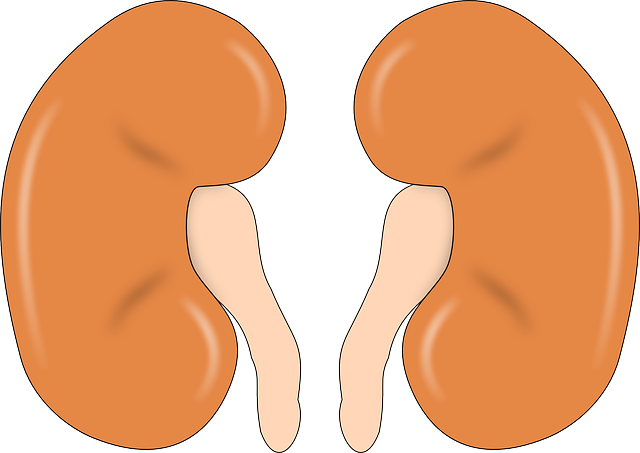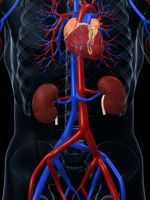Gene Therapy Breakthrough Could Treat Kidney Diseases

The allure of kidney-targeted gene therapy springs from its promise as an ideal treatment for renal diseases. This is because the therapeutic molecule is limited in the kidney and systemic effects can be minimized.
It's known the use of the novel technologies such as hybrid stem cell-gene therapy might eventually lead to the clinical application of gene therapy for renal diseases. Immense challenges to attaining these outcomes still remain, however.
Until about five years ago, few believed hereditary renal diseases could be a target of gene therapy. Technical developments in gene delivery and the identification of the responsible genes encouraged researchers to attempt to treat the hereditary diseases. Understanding the pathophysiology of the hereditary diseases, therefore, became a driving force to promote the development of gene therapy.
But before gene therapy can be used to treat renal diseases, the delivery of therapeutic genes to the kidney must become much more efficient. A novel approach to attaining this result was detailed in a study published recently in the peer-reviewed scientific journal Human Gene Therapy.
A team of researchers reported a novel approach in which three different gene delivery vectors were injected intravenously and directly into the kidneys of mice, resurrecting the hope kidney diseases can be treated with gene therapy.
The study said the potential for direct injections opens new possibilities for treating kidney diseases with gene therapy. Additional improvements will be needed, however.
Researchers chose to study the ability to deliver three different sized vectors via an intravenous route: small adeno-associated virus (AAV) vectors (25 nm), larger adenovirus vectors (100 nm) and lentiviral vectors (120 nm). To bypass the kidney's filtering mechanism meant researchers had to test two different direct injection routes into the kidney. Researchers eventually found these new routes to be superior to intravenous injections. The study, however, revealed some of the vectors managed to leak out of the kidney, creating the possibility for off-target tissue effects.
"The Mayo Clinic team has performed an important head-to-head comparison of currently available gene therapy technology, to identify which may best be used to address this important group of diseases," Terence R. Flotte, Dean, Provost and Executive Deputy Chancellor at University of Massachusetts Medical School, said.
"The great burden of kidney diseases in the U.S .and Europe has yet to be impacted by gene therapy."

Published by Medicaldaily.com



























